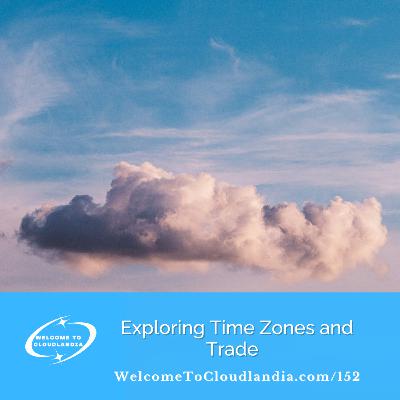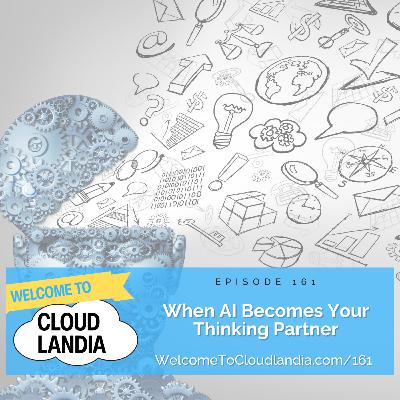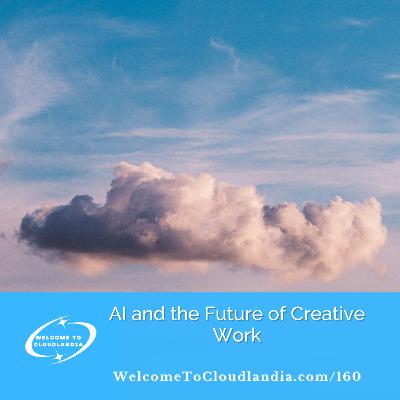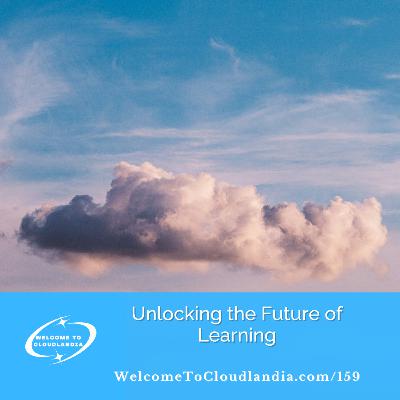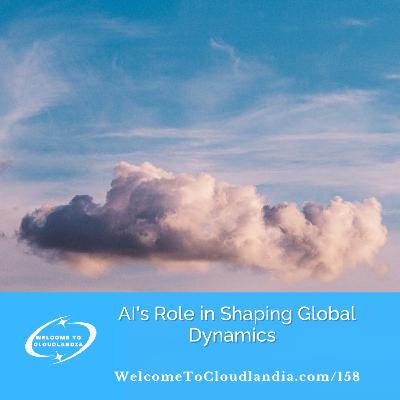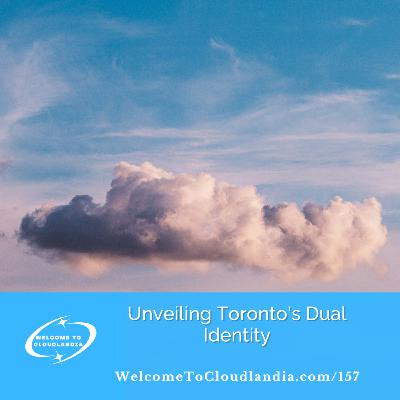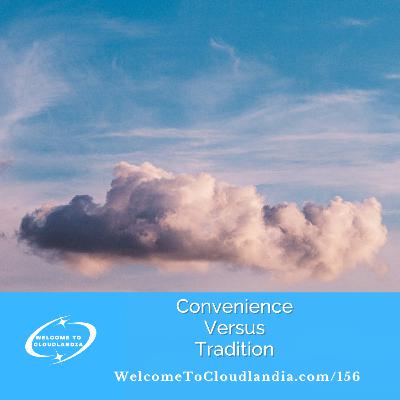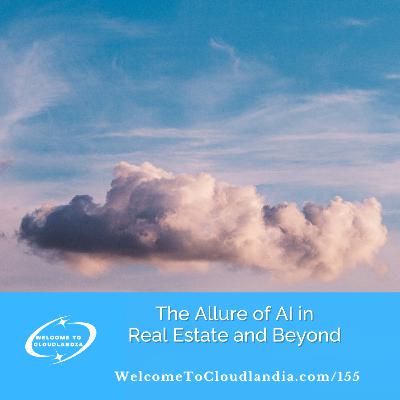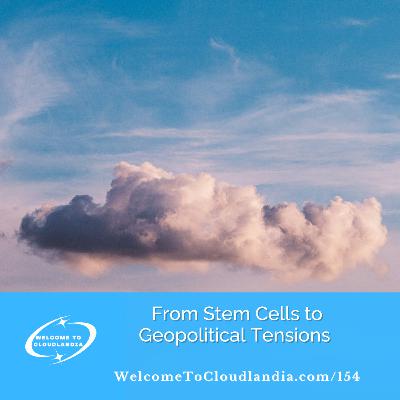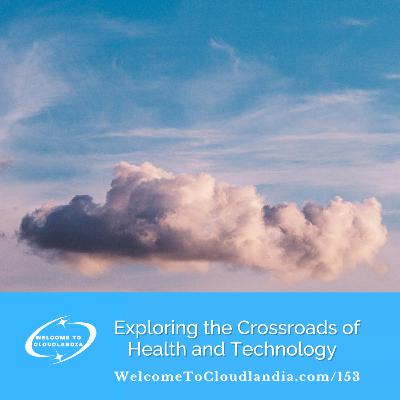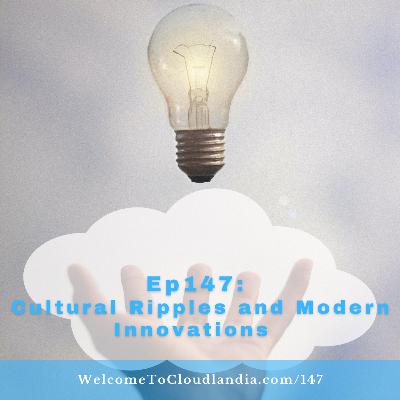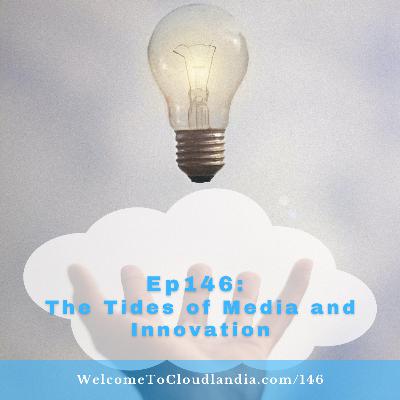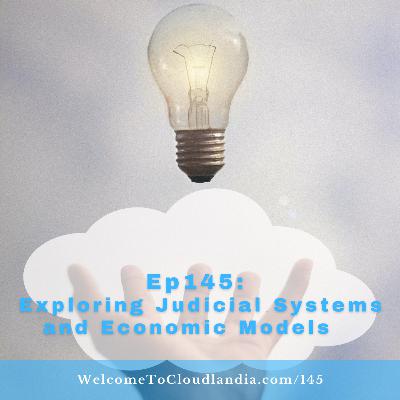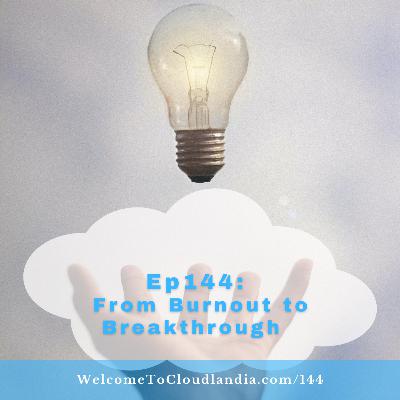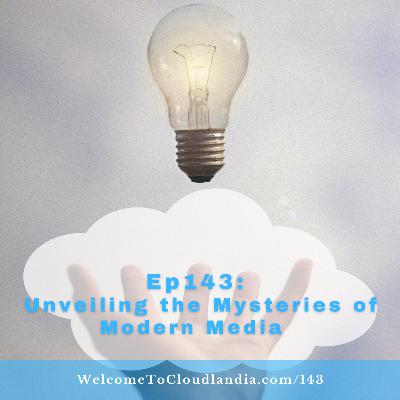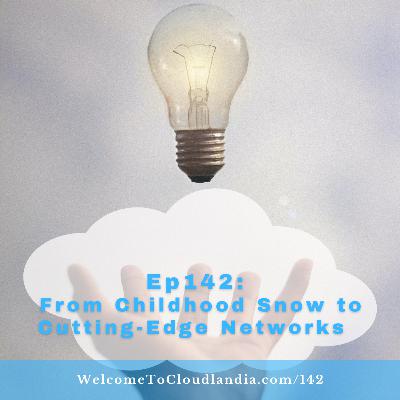Ep152: Exploring Time Zones and Trade
Description
In this episode of Welcome to Cloudlandia, we start by unraveling the intriguing concept of global time zones. We humorously ponder the idea of a unified world clock, inspired by China's singular time zone. The discussion expands to how people in countries like Iceland adapt to extreme daylight variations and the impact of climate change narratives that often overlook local experiences.
We then explore the power of perception and emotion in shaping our reactions to world events. The conversation delves into how algorithms on platforms shape personal experiences and the choice to opt out of traditional media in favor of a more tailored information stream. The shift from curated media landscapes to algorithm-driven platforms is another key topic, highlighting the challenges of navigating personalized information environments.
Finally, we tackle the critical issue of government financial accountability. We humorously consider where vast sums of unaccounted-for money might go, reflecting on the importance of financial transparency.
SHOW HIGHLIGHTS
Links:
WelcomeToCloudlandia.com
StrategicCoach.com
DeanJackson.com
ListingAgentLifestyle.com
TRANSCRIPT
(AI transcript provided as supporting material and may contain errors)
Dean: Mr Sullivan.
Dan: Yes, and I forgot my time zones there almost for a second. Are you in Chicago? Yeah, you know. Why can't we just all be in the same time zone?
Dean: Well.
Dan: I know that's what China does. Yeah, Well, that's a reason not to do it. Then you know, I learned that little tidbit from we publish something and it's a reason not to do it.
Dean: then that was. You know I learned that little tidbit from. We publish something and it's a postcard for, you know, realtors and financial advisors or business owners to send to their clients as a monthly kind of postcard newsletter, and so every month it has all kinds of interesting facts and whatnot, and one of them that I heard on there is, even though China should have six time zones, they only have one. That's kind of an interesting thing. Imagine if the. United States had all one time zone, that would be great.
Dan: Yeah, I think there would be advantages and disadvantages, regardless of what your time system is.
Dean: Well, that'd be like anything really, you know, think about that. In California it would get light super early and we'd be off a good dock really early too we'd be off and get docked really early too. Yeah, I spent a couple of summers in Iceland, where it gets 24 hours of light.
Dan: You know June 20th and it's. I mean, it's disruptive if you're just arriving there, but I talked to Icelanders and they don't really think about it. It's, you know, part of the year it's completely light all day and part of the year it's dark all day. And then they've adjusted to it.
Dean: It happens in Finland and Norway and Alaska. We're adaptable, dan, we're very adaptable.
Dan: And those that aren't move away or die.
Dean: I heard somebody was talking today about. It was a video that I saw online. They were mentioning climate change, global warming, and that they say that global warming is the measurement is against what? Since when? Is the question to ask, because the things that they're talking about are since 1850, right, it's warmed by 0.6 degrees Celsius since 1850. We've had three periods of warming and since you know, the medieval warming and the Roman warming, we're actually down by five degrees. So it's like such a so when somebody says that we're global warming, the temperature is global warming and the question is since when? That's the real question to ask.
Dan: Yeah, I think with those who are alarmist regarding temperature and climate. They have two big problems. They're language problems, Not so much language, but contextual problems. Nobody experiences global. That's exactly right. The other thing is nobody experiences climate. What we experience is local weather.
Dean: Yes.
Dan: Yeah, so nobody in the world has ever experienced either global or climate. You just experience whatever the weather is within a mile of you you know within a mile of you. That's basically and it's hard to it's hard to sell a theory.
Dean: That, you know. That ties in with kind of the idea we were talking about last week that the you know, our brains are not equipped, we're not supposed to have omniscience or know of all of the things that are happening all over the world, of all of the things that are happening all over the world, where only our brains are built to, you know, be aware of and adapt to what's happening in our own proximity and with the people in our world. Our top 150 and yeah, that's what that's the rap thing is that we're, you know, we're having access to everybody and everything at a rate that we're not access to everybody and everything at a rate that we're not supposed to Like. Even when you look back at you know, I've thought about this, like since the internet, if you think about since the 90s, like you know, my growing up, my whole lens on the world was really a, you know, toronto, the GTA lens and being part of Canada. That was really most of our outlook.
And then, because of our proximity to the United States, of course we had access to all the US programming and all that stuff, but you know, you mostly hear it was all the local Buffalo programming. That was. They always used to lead off with. There was a lot of fires in Tonawanda, it seemed happening in Buffalo, because everything was fire in North Tonawanda. It still met 11. And that was whole thing. We were either listening to the CBC or listening to eyewitness news in Buffalo, yeah. But now, and you had to seek out to know what was going on in Chicago, the only time you would have a massive scale was happening in Chicago. Right, that made national news the tippy top of the thing.
Dan: Yeah, I wonder if you said an interesting thing is that we have access to everyone and everything, but we never do it.
Dean: It's true we have access to the knowledge right Like it's part of you know how, when you I was thinking about it, as you know how you define a mess right as an obligation without commitment that there's some kind of information mess that we have is knowledge without agency? You know we have is knowledge without agency. You know we have no agency to do anything about any of these bad things that are happening. No, it's out of our control. You know what are we going to do about what's happening in Ukraine or Gaza or what we know about them? You know, or we know, everybody's getting stabbed in London and you know you just hear you get all these things that fire off these anxiety things triggers.
It's actually in our mind, yeah that's exactly right, that our minds with access to that. That triggers off the hormone or the chemical responses you know that fire up the fight or flight or the anxiety or readiness.
Dan: Yeah, it's really interesting. I've been giving some thought to well, first of all, the perception of danger in the world, and what we're responding to is not actual events. What we're responding to is our feelings. Yes, that's exactly right, yeah. You've just had an emotional change and you're actually responding to your own emotions, which really

